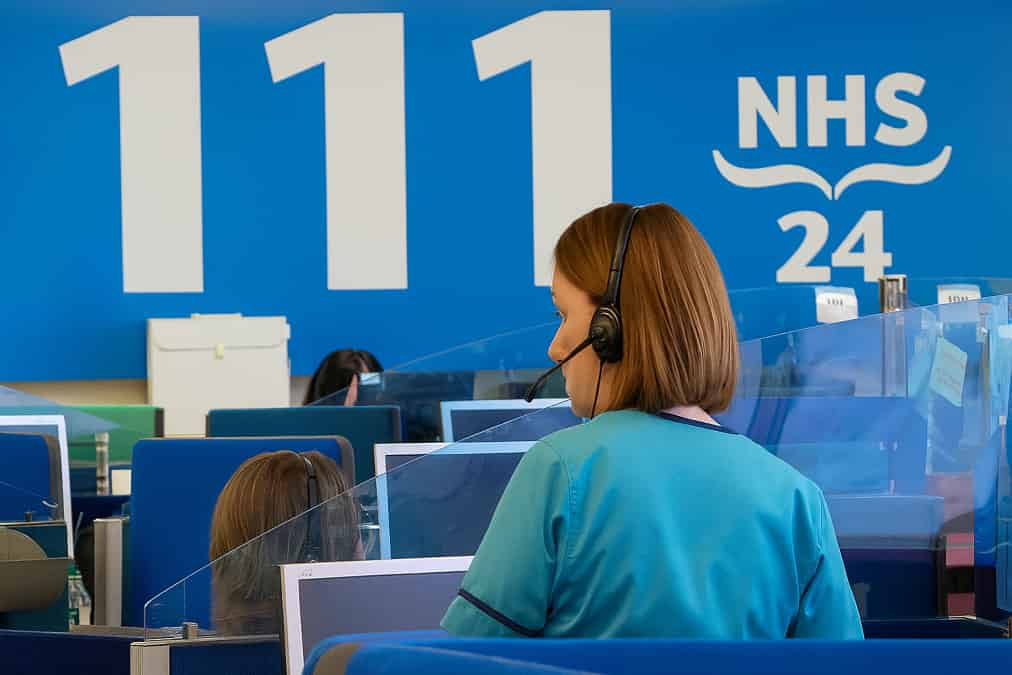Scotland’s NHS 24 has recently expanded its workforce by hiring over 100 additional call centre workers in an effort to curb rising waiting times on the 111 service.
An investigation into NHS 24’s 111 telephone service revealed growing delays in reaching operators—some callers even abandoning their calls—despite the rollout of an online triage system intended to ease demand.
Rising waiting times and call abandonment
Official statistics indicate that approximately 20 percent of calls to NHS 24 were abandoned in 2024, with over 317,000 callers hanging up before speaking to an operator. Particularly troubling were the average wait times of up to four hours during July and September, and an average delay of 42 minutes during the December winter peak.
Temporary boost in staffing brings short-term gains
Over the Easter period, NHS 24 temporarily increased frontline call handlers from an average of roughly 283 to over 800, a 71 percent rise. This staffing surge delivered dramatic improvements: average answering times fell from 20 minutes to just seconds—for instance, nine seconds on Good Friday compared to 17 minutes the day before.
Still, political figures warned that these improvements were short‑lived. The Scottish Conservative health spokesman described the temporary staffing as a “wake‑up call”, while the Scottish Labour counterpart emphasised that citizens “shouldn’t have to settle for a second‑rate service the rest of the year”.
Online triage hasn’t reduced phone demand
Despite the launch of NHS 111’s online triage system, evidence shows the new channel has not eased pressure on the telephone service. A mixed‑methods analysis concluded that the number of triaged calls via the telephone rose slightly—by about 1.3 percent per 1,000 online contacts, though this was not statistically significant.
Secondary outcomes reveal that online contacts are associated with increased recommendations for emergency or urgent care (4–6.7 percent increase per 1,000 contacts), and more attendees being directed to primary care or other services. This suggests NHS 111 online may actually be generating additional demand rather than reducing it.
Context and outlook
NHS 24 is Scotland’s national telehealth service offering out‑of‑hours medical advice, analogous in some ways to NHS 111 in England. While the online service and virtual queue systems have brought some improvements, including callbacks for callers in queue, they have not sufficed to relieve the system’s strain, especially at peak periods.
So In summary
NHS 24’s hiring of over 100 new call handlers brings welcome relief but is overshadowed by persistent systemic delays. Waiting times remain unacceptably high, the online service hasn’t reduced call loads, and the temporary surge in staffing highlights the need for robust, sustainable investment.




